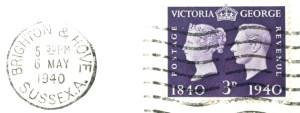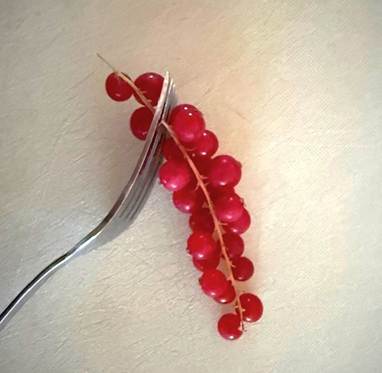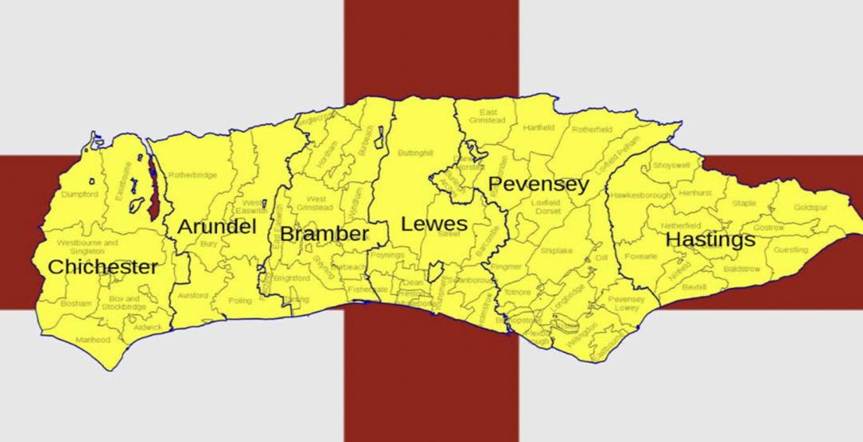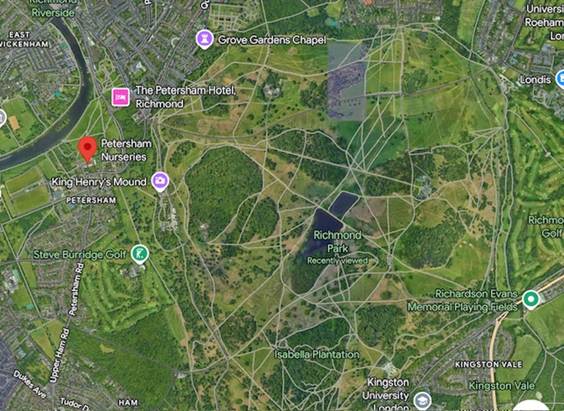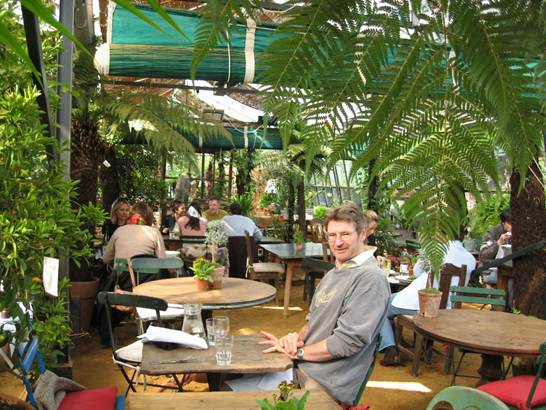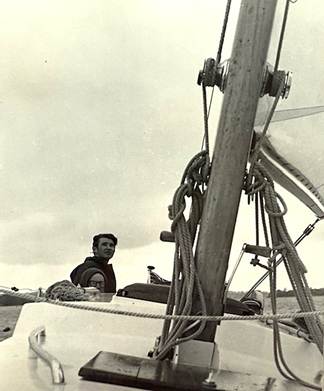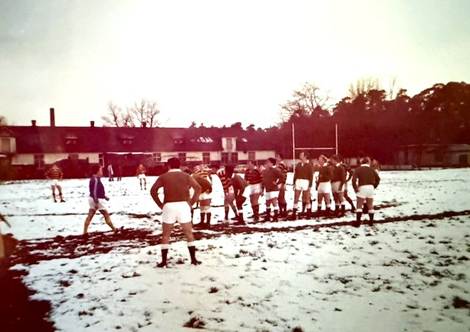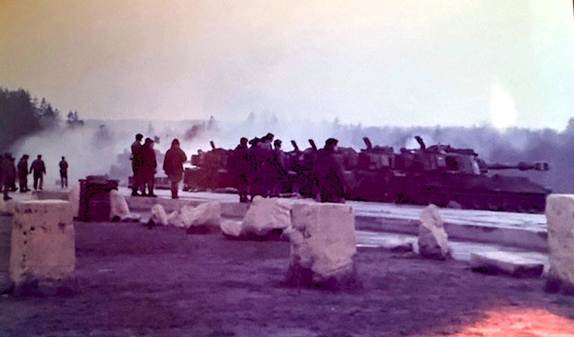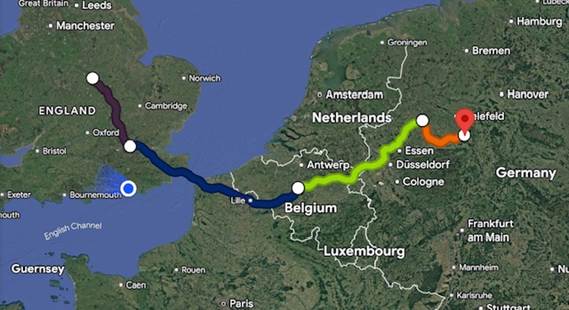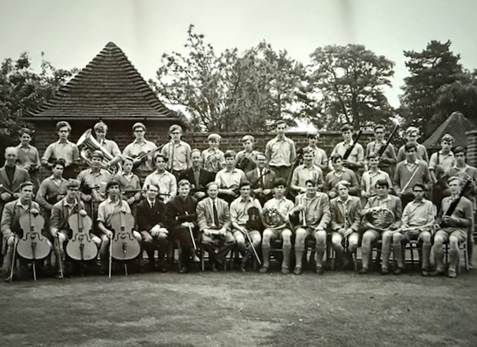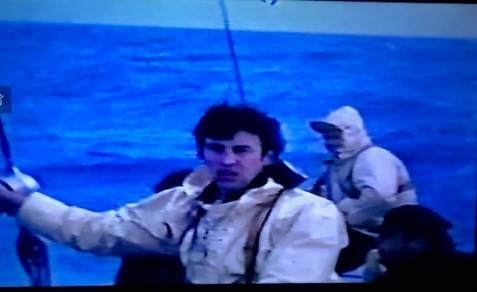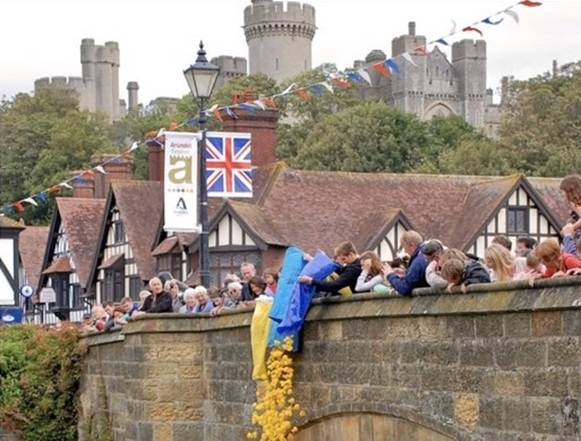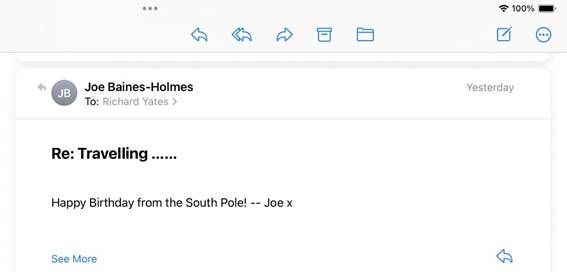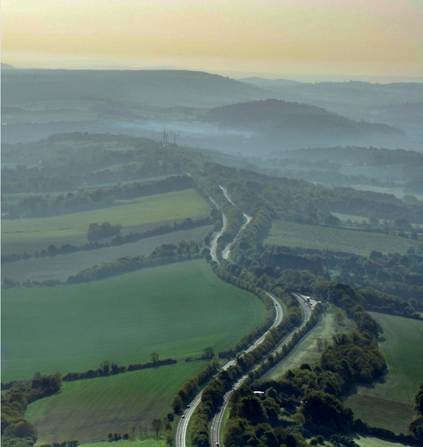….. continued from PC 474 …….
In PC 15 Alcohol and Other Drugs (June 2014) I wrote about my own journey from schoolboy to teetotaller, through a great deal of red and white wines, spirits and liqueurs, not to mention cigarettes and little cigars! As a single officer living in the Mess off-duty life revolved, as I’ve already admitted, around the bar; it was part of the life we led. Sometimes you need someone else to tell you some home truths. Paddy Surgeoner, the Battery Sergeant Major of 132 Medium Battery (The Bengal Rocket Troop) Royal Artillery, took me aside one day and said: “Hold out your arm, Captain Yates.” “Why?” (so argumentative!) “Just do it, Sir!” So, I held out my arm, as straight as I could. He looked at my hand. “Keep your hand still.” (It was shaking!) “I am, Sergeant Major!” “Think you should cut down on the booze, Sir!”
South of the German city of Hanover lies the town of Coppenbrügge; to its south-west lie what were the British Army bases of Bielefeld and Paderborn. Somewhere near the town the geography moulds and constricts any advancing enemy from the east into a narrow fold – forever known to those who exercised a fighting withdrawal as the Coppenbrügge Gap. I certainly spent a few days each year in a camouflaged vehicle or trench overlooking this ‘choke point’, waiting to bring down artillery fire on the ‘enemy’.

Recently we have become more aware of our changing global climate and an increase in the frequency of ‘once-in-a-lifetime’ events. In 1972, during a two-week live firing exercise on Hohne, the six self-propelled M109s of my battery (6 Medium Battery Royal Artillery) were deployed in a firing area which was surrounded by very tall pine trees. As the afternoon wore on, the wind strength increased to a point when it would have been unsafe to continue firing. Thirty minutes later a tornado ripped through the countryside. My observation later was: ‘It was as if a malevolent hand had brushed the surface of the land’, uprooting thousands of trees and lifting corrugated rooves off barns.
Often a mammoth ‘fuck up’ can led to glory! In 1973 my battery was on a non-live firing exercise on the Bergen-Hohne Training area, part of which would be a test of our ‘nuclear’ preparedness. As the GPO (Gun Position Officer) I was responsible for every aspect of the gun position. It went wrong from the beginning. I bummed a helicopter ride from a chum, Jim Longfield, to conduct a reconnaissance of the allocated training area to determine where best to set out the six guns; that was OK! But the first ‘recce’ Command Post AFV 432 caught fire on its way overland, causing delays and by the time the test started, we were behind. Our responses were slow because the firing tables hadn’t been amended and eventually the Directing Staff (DS) and AIGs (Assistant Instructor Gunnery) terminated our participation. We would be retested, a NATO requirement, after the DS and AIGs had crawled all over us, admonishing us for this and that; it was not a happy few weeks.
On the re-test, everything and everyone came together. The result was highlighted by the Master Gunner, a full-ranking general, who came by helicopter to visit the gun position. Initially he couldn’t find it, so good was the camouflage that my gunners had used to disguise the six large M109 guns. “Best gun position he’d ever seen.”

You can make out the self-propelled M109 barrel – but not much else.
Three Nine Regiment Royal Artillery in Paderborn had a tactical nuclear capability, that is the ability to fire a small yield nuclear shell. The US made the shells and their maintenance was controlled by a small American Army detachment led by a Captain Bob Anala. His team’s presence in the barracks ensured there was also a small PX (PX: Post Exchange – an American store), where I was introduced to the delights of Aunt Jemima pancakes, Bourbon, and King Edward cigars.
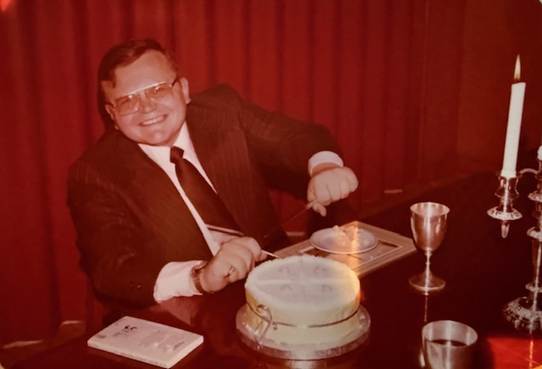
Bob celebrating his birthday
Other names surface from the murky depths; Ollerhead, Bailey, Corbett-Burcher, Ross, Longfield, Bromby, Watkins, Tar, Bazard, Faith, Sawrey-Cookson, Peters, Piper, Rooke, James, Clarke, Colley, Treseder, Myberg, Pender, Morley, Harman, Gwyn, Freeth, McNee, Quarelle and Scarlett …. and my soldiers like Sergeants Fitzpatrick and Williams or Bombardiers Batchelor or Elrick.
When I started Officer Training at RMA Sandhurst, we wore leather boots for drill and leather boots for training exercises – they got wet, they were uncomfortable. Fast forward to Germany some years later and it wasn’t much better. In the winter Germany was generally colder so I bought a pair of fur-lined tank boots. These, with white long-johns and insulating inner soles, became de rigour, especially when one was on a bare hill practising ‘Observation of Fire’ (ie correcting artillery fire to where you wanted it) and it was -10C. One spring for some reason the whole regiment was in a tented camp up at Bergen-Hohne; we had over a foot of snow!
I reflect that one got used to living outside, either down some hole, under or in a vehicle. So much so that on return to barracks after two or three weeks living in the elements, it was necessary to turn off the central heating and throw open the windows!
I have mentioned in another postcard that, on a day off from an exercise, I visited the Belsen concentration camp, or what was left of it ….. mounds and mounds of banked earth, with a simple sign at their base, something like: ‘Here are buried 2000 bodies’. If the atmosphere pervading the area wasn’t bad enough, sombre, tangibly evil, no birds, one only had to drive across to the Bergen-Hohne railway station, where those destined for the camp arrived. Looking down from an overbridge at the platforms, a light drizzle falling in the dusk, a breeze swinging the station lamps ….. imagining a train arriving and disgorging its human cargo for their final kilometre or so …… words fail but the visuals survive.
(To be continued …..)
Richard 30th January 2026
Hove
